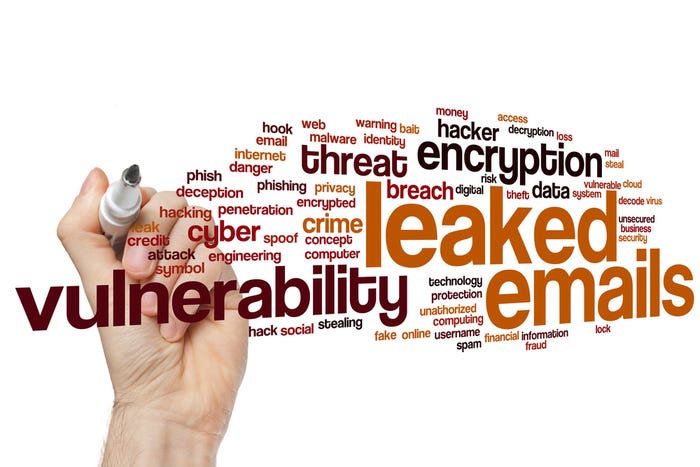Customers offer thoughts on the differences between proactive and reactive cybersecurity.
June 21, 2019

By Pam Baker
A traditional defensive posture is only part of a comprehensive cybersecurity readiness plan. That’s because reactive defensive maneuvers aim to stop attacks that have already been initiated. Adding proactive strategies and technologies to preemptively detect vulnerabilities and prevent attacks is a more effective and comprehensive approach.
The Channel Partners Proactive Security Survey, sponsored by AT&T, delivers insights into the behind-the-scenes influences on the decisions to invest in reactive security measures versus newer, stronger proactive defenses.
The survey was conducted online March 6-28, 2019. A composite respondent to this survey is in executive management (C-level/vice president) and works at an SMB with two to nine employees. His or her employer has been in business for 10 or more years, primarily targets midsized businesses and has an annual revenue of between $1 million and $4.99 million. It’s a coin toss (50/50) chance that his or her company specializes in one or more verticals.
Only 6% of respondents were managed security service providers who by nature focus on security strategies and technologies. Slightly more than a quarter, 27%, described their business as a managed service provider writ large, meaning the service each provided was not broken into categories. The remainder included agents, master agents, VARs, distributors, carriers, integrators and consultants. While security is an integral issue in each of these industry segments, its prioritization on each entity’s menu of services and the demand by the respective customer bases can vary significantly.
The majority say they provide the basics in traditional cyber defenses including antivirus, managed firewall, email security, malware protection, BDR and BC. Most also offer at least some proactive security products and services, including proactive monitoring and threat prevention, intrusion detection and prevention, vulnerability analysis and SSL VPN and encryption.
Scroll through the gallery below for an overview of the survey results and what they mean to you and your clients.
Read more about:
AgentsYou May Also Like
